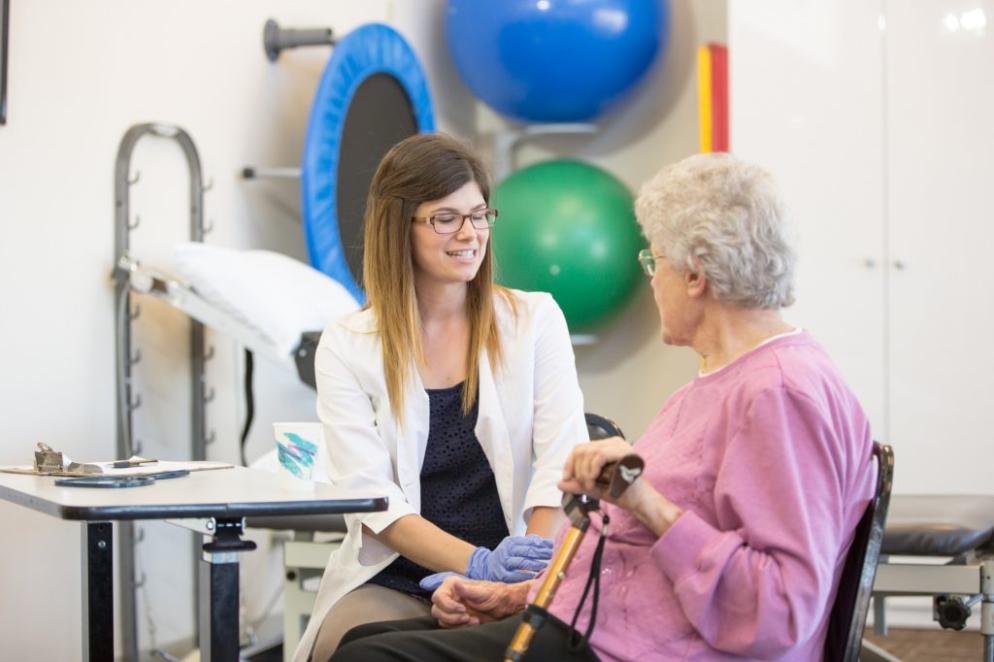What are the Challenges and Opportunities for Occupational Therapists in Medical Rehab?
Occupational therapy (OT) plays a crucial role in medical rehabilitation, aiming to restore or improve an individual's ability to perform meaningful activities of daily living (ADLs) and participate in their community. However, occupational therapists in this setting face a range of challenges and opportunities that shape their practice.

Challenges
Limited Resources
- Insufficient funding for OT services can limit access to therapy and the availability of specialized equipment and technology.
Interdisciplinary Collaboration
- Coordinating with other healthcare professionals, such as physicians, nurses, and physical therapists, can be challenging, especially when integrating OT into the overall rehabilitation plan.
Patient-Related Factors
- Cognitive and physical impairments can significantly impact a patient's ability to participate in therapy and adhere to treatment plans.
- Lack of motivation or resistance to change can also hinder progress.
Documentation And Reimbursement
- Time-consuming documentation requirements can divert OTs from patient care.
- Difficulty in obtaining reimbursement for services can limit access to OT for patients.
Opportunities
Technological Advancements
- The use of virtual reality (VR) and other assistive technologies can enhance therapy by providing immersive and interactive experiences.
- Remote monitoring and telehealth options increase accessibility to OT services, especially for patients in rural or underserved areas.
Integrated Care Models
- Collaborating with other disciplines, such as speech therapy and psychology, allows for a comprehensive approach to rehabilitation.
- Focus on patient-centered outcomes and functional improvements ensures that OT interventions are tailored to individual needs.
Research And Innovation
- Ongoing research and development lead to the creation of new assessment tools and treatment approaches, enhancing the effectiveness of OT.
- Exploration of the role of OT in emerging areas of rehabilitation, such as robotics and brain-computer interfaces, offers exciting possibilities for the future.
Education And Training
- Continuing education opportunities allow OTs to stay abreast of the latest advancements in the field.
- Specialization in areas such as neurorehabilitation or geriatrics enables OTs to develop expertise in specific patient populations.
Occupational therapists in medical rehabilitation face a complex set of challenges and opportunities. By addressing these challenges, such as limited resources and interdisciplinary collaboration, OTs can optimize patient outcomes and enhance their contributions to the rehabilitation process. The opportunities presented by technological advancements, integrated care models, and ongoing research and innovation hold great promise for the future of OT in this setting.
YesNo
Leave a Reply